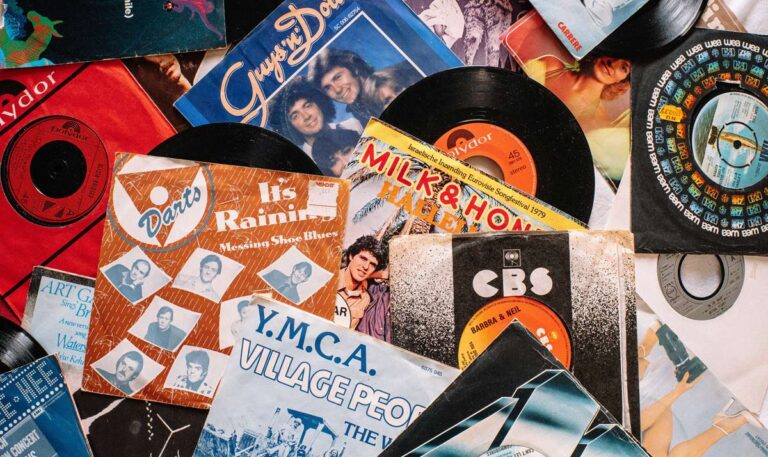Why do we hate newer music the older we get?
I have a Bluetooth speaker and religiously pay my monthly Spotify Premium fee. You know what that means: every time I’m urged to fill the void left by 2021’s lack of social interactions, I stream Spotify’s default Viral Hits playlist. No vocal cord exercise like shamelessly singing along to TikTok bops, am I right? A comment along the lines of “What is that noise?” often greets me from the living room. Other iterations of the remark include “Do you even understand what they’re saying?” and “They used to make better music back in the day.”
First off, I admit that some songs I listen to—cue mumble rap and Thai dream pop—are more or less incomprehensible. But I’ve also noticed how a majority of the older generation despise newer music altogether. Though there are some obvious reasons for this change, like nostalgia and truncated musical explorations, what exactly is the psychology behind it all? And if there is a science-backed reason for it, does it mean that, in the future, gen Zers will hate gen Alpha’s tech-first bangers too?
According to data scientist and author Seth Stephens-Davidowitz, musical tastes begin to crystallise pretty early in our lives. Evaluating Billboard chart-topping tunes released between 1960 and 2000, the age of its biggest fans and relevant data from Spotify, the expert found that the average woman’s musical tastes are formed between the ages of 11 and 14, while an average man’s are cemented between 13 and 16 years of age. In short, our preferences are locked into place by the time we’re in our early 20s.
What’s even more interesting is that the majority of us stop listening to new artists and their music by the time we turn 33. In fact, studies have proved that the songs which go viral when we’re in our early teens are most likely to remain popular among our age group for the rest of our lives. Guess which generation will always bob their heads to ‘Montero (Call Me By Your Name)’?
“There’s evidence that the brain’s ability to make subtle distinctions between different chords, rhythms and melodies gets worse with age,” Frank McAndrew, Professor of psychology at Knox College, wrote in a column for The Conversation. This is exactly why newer and less familiar songs might “sound the same” to older generations. The songs and artists that shaped their personal taste are completely different from the genres 2021 has been increasingly witnessing.
However, the professor also believes there are simpler reasons as to why we’re all stuck in the past when it comes to our playlists. “One of the most researched laws of social psychology is something called the ‘mere exposure effect’. In a nutshell, it means that the more we’re exposed to something, the more we tend to like it.” This effect also extends to people we know and the advertisements we see.
“When you’re in your early teens, you probably spend a fair amount of time listening to music or watching music videos,” McAndrew noted, adding how we then familiarise ourselves with our favourite songs and artists—which eventually becomes a comforting part of our routines. “For many people over 30, job and family obligations increase, so there’s less time to spend discovering new music. Instead, many will simply listen to old, familiar favourites from that period of their lives when they had more free time.”
Additionally, research has also shown that the emotions that we experience as teenagers seem more “intense” than those in other stages of our lives. Such vigorous emotions, in turn, translate to stronger memories and preferences. “All of this might explain why the songs we listen to during this period become so memorable and beloved,” McAndrew continued.
So, there’s nothing wrong with our parents expressing their distaste for Billie Eilish and Olivia Rodrigo. It’s just nature and psychology doing their dirty work in the guise of “the natural order of things.” And the next time you decide to increase the volume of your Bluetooth speaker to drown out their distaste, remember that karma is a bitch and it will definitely come back to haunt you in the form of your gen Alpha kids.





